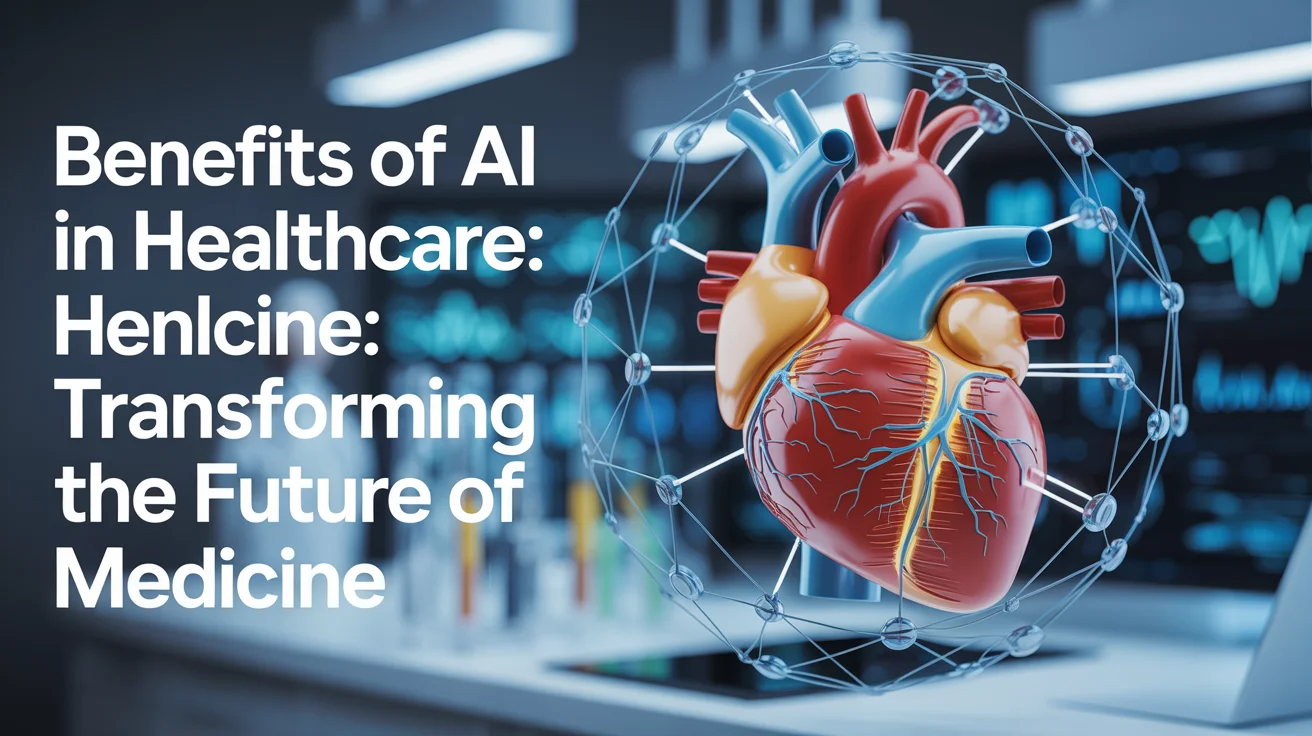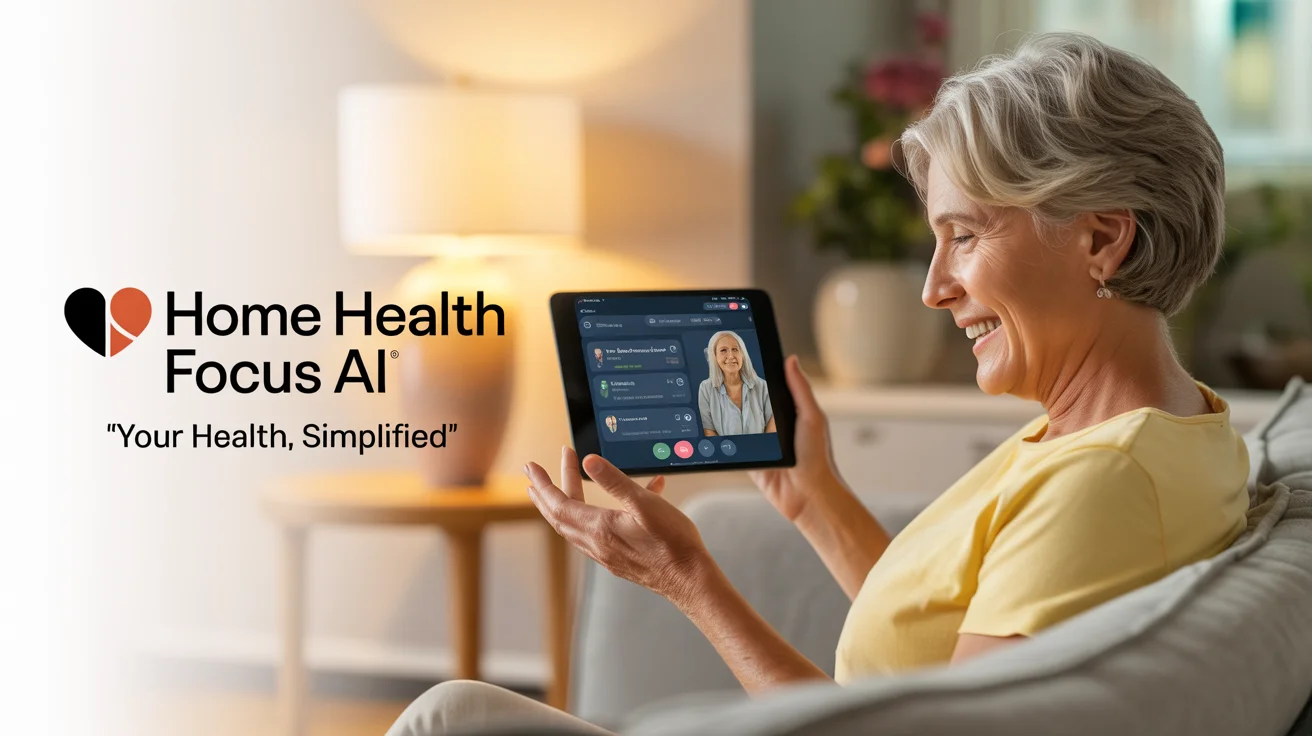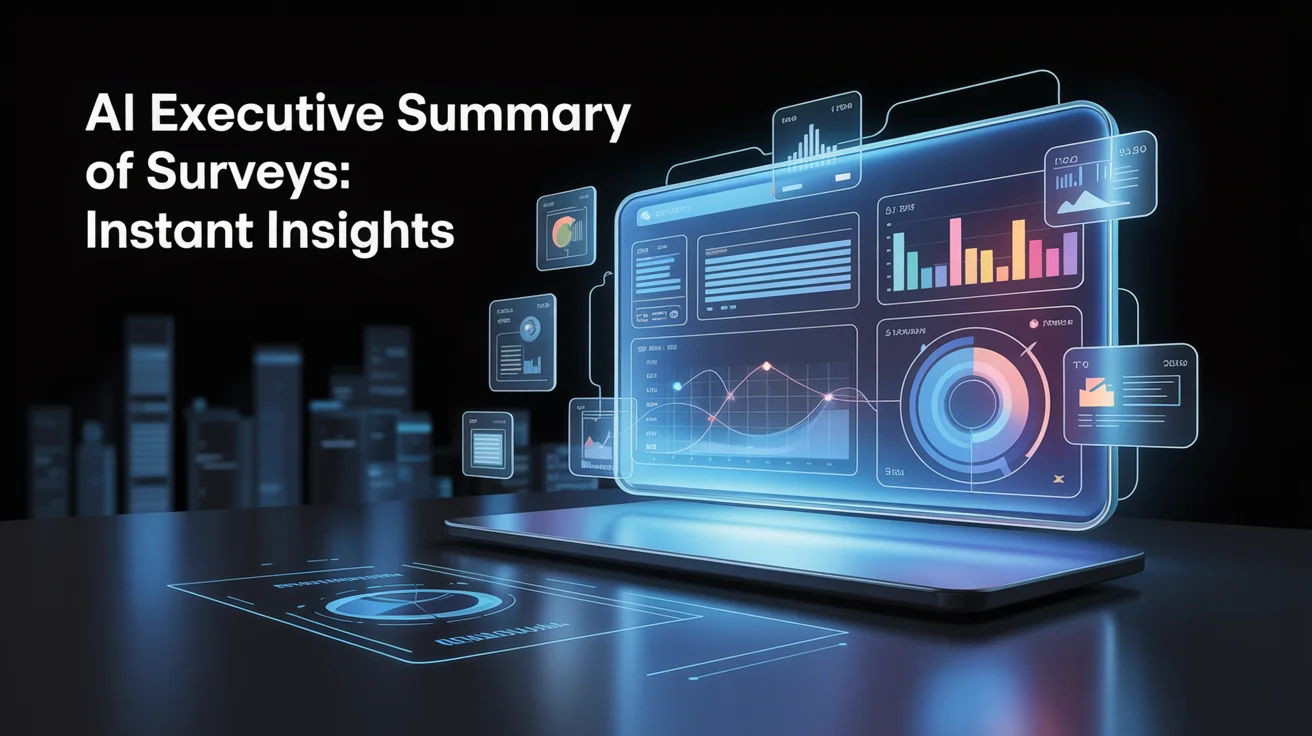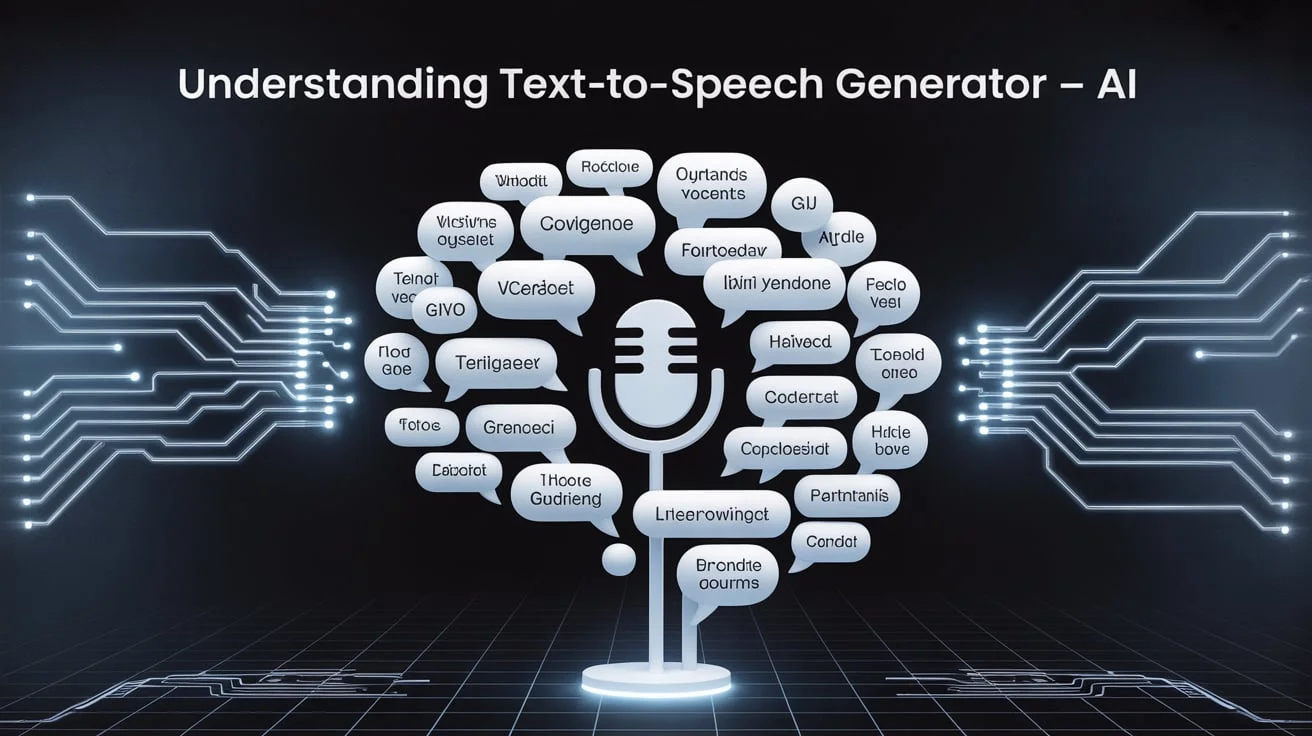Artificial Intelligence (AI) is no longer a futuristic concept in the medical world. It is already redefining how healthcare professionals diagnose, treat, and manage patient care. The benefits of AI in healthcare go beyond automation; it enhances accuracy, reduces human error, and saves time.
From clinical decision-making to patient engagement, AI is silently becoming the brain behind modern medical innovations.Let’s explore how this game-changing technology is revolutionizing the healthcare landscape.
Improved Diagnosis Accuracy
One of the major breakthroughs in healthcare through AI is its ability to assist in early and accurate diagnosis. AI-powered systems can analyze complex medical data, detect patterns, and identify anomalies that might go unnoticed by the human eye.
Machine learning models have shown exceptional accuracy in detecting diseases such as cancer, diabetic retinopathy, and heart conditions. With AI’s predictive power, doctors can now make better decisions, backed by data-driven insights, leading to fewer misdiagnoses.
Enhanced Patient Care and Monitoring
AI plays a crucial role in continuous patient monitoring, especially for those with chronic illnesses. Wearable devices powered by AI collect real-time health data, which is then analyzed to alert medical teams about potential risks.
This proactive care system ensures timely intervention, reducing hospital readmission rates. It also empowers patients to take control of their health while being remotely monitored by professionals.
Streamlined Administrative Workflow and Time Efficiency
Administrative tasks in healthcare often consume more time than direct patient care. From scheduling to billing, AI-driven automation is cutting down on paperwork and allowing doctors to focus more on their patients.
AI systems automate documentation, process insurance claims, and handle appointment management. This reduces burnout among staff and improves the overall efficiency of medical institutions.
Key benefits include:
- Reduced human error in data entry
- Faster insurance processing
- Automated patient record management
- Better time utilization by healthcare providers
Accelerated Drug Discovery and Development
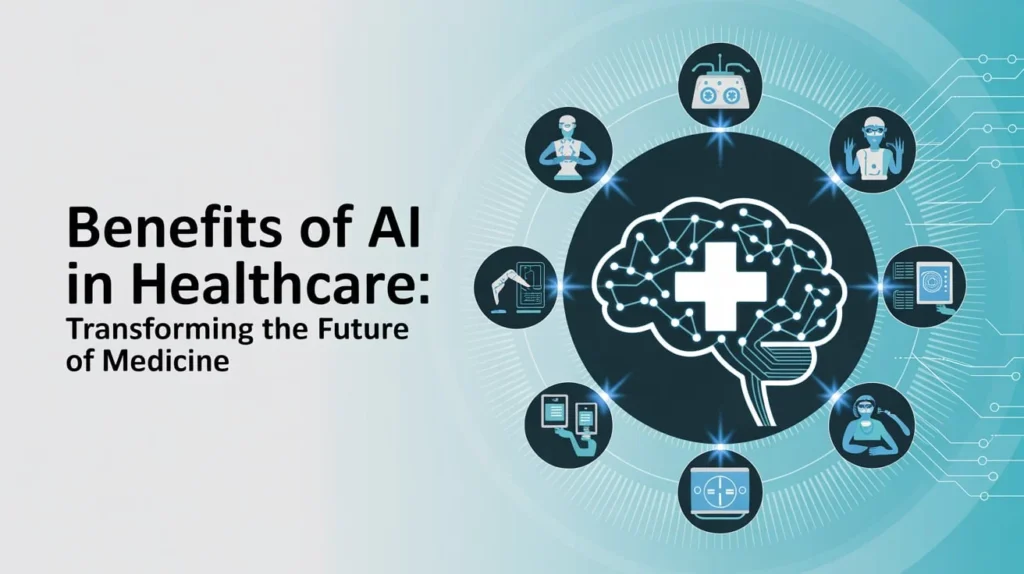
Developing a new drug is a long and expensive process. AI algorithms now help speed up this process by analyzing biological data, predicting how molecules interact, and identifying potential drug candidates quickly.
This means that life-saving treatments can be developed faster and brought to market more efficiently. AI also aids in personalized medicine by tailoring treatments based on individual genetic profiles.
Personalized Treatment Plans
AI in healthcare is not just about machines making decisions it’s about improving the quality of care. By analyzing a patient’s medical history, genetics, lifestyle, and real-time health metrics, AI creates personalized treatment plans that are more effective than generalized ones.
Such customization leads to better outcomes, fewer side effects, and increased patient satisfaction.
Medical Imaging and Radiology Advancements
AI has transformed radiology by enhancing image interpretation accuracy. From MRIs to X-rays and CT scans, AI algorithms detect abnormalities with greater precision.
This advancement supports radiologists in making faster, more reliable diagnoses, especially in high-volume settings. AI not only saves time but also reduces the workload of specialists, improving diagnostic throughput.
Some advantages include:
- Faster scan analysis
- Early disease detection
- Enhanced image clarity and accuracy
- AI assistance in surgery planning
Predictive Analytics and Early Interventions
Healthcare is moving from reactive to proactive, thanks to AI. Predictive analytics use past data to forecast future medical events, such as the risk of a heart attack or hospital readmission.
This early warning system allows medical professionals to intervene before problems escalate. As a result, patient outcomes improve, and healthcare costs decrease significantly.
Mental Health Support and Chatbots
AI-powered mental health apps and chatbots are making therapy more accessible. These tools provide cognitive behavioral therapy, mood tracking, and mental wellness support in real time.
Though they don’t replace professional therapists, they offer immediate assistance and encourage individuals to seek help without fear of judgment.
Training and Medical Education
AI is also reshaping how doctors learn and train. Simulation-based learning platforms use AI to create lifelike scenarios where medical students can practice procedures without risk.
Additionally, AI provides real-time feedback, helping learners improve faster. As medical technology evolves, AI ensures that professionals remain updated with the latest knowledge.
Real-Time Decision Support in Critical Care
Critical care units demand quick and precise decisions. AI systems analyze patient vitals and lab data instantly to recommend the next steps or flag emergencies.
This can make a life-saving difference in ICUs, emergency rooms, and during surgeries. AI tools act as a second opinion, enhancing the decision-making capabilities of the medical team.
Important contributions include:
- Faster emergency response
- Data-driven decision support
- Reduced ICU mortality rates
- Minimizing delays in treatment
Robotic Surgery and AI Integration
Robotic surgery powered by AI enhances precision, reduces complications, and shortens recovery time. AI assists in surgical planning, guiding instruments with unmatched accuracy.
It allows minimally invasive procedures, which means less pain and faster healing for patients. Surgeons can rely on real-time data and AI predictions during critical operations.
Better Pandemic Management and Response
During health crises like COVID-19, AI played a significant role in predicting outbreaks, managing resources, and tracking infections. It helped governments and healthcare systems respond more effectively.
AI tools forecast virus spread, optimize hospital resources, and support contact tracing. These capabilities proved crucial in saving lives during a global pandemic.
AI bridges the healthcare gap in remote and underserved areas. Mobile apps and diagnostic tools supported by AI bring healthcare to people who previously had limited access.
With telemedicine and AI-backed diagnosis, rural patients receive quality care without traveling long distances. This ensures more equitable healthcare delivery across regions.
Increased Patient Engagement and Satisfaction
AI enhances how patients interact with healthcare providers. From appointment reminders to AI-powered apps that track fitness or medication, it keeps patients engaged in their care journey.
This improves adherence to treatment plans and fosters trust in the system. Engaged patients are more likely to recover faster and report higher satisfaction.
Conclusion:
The benefits of AI in healthcare are reshaping the foundation of modern medicine. From improved diagnostics and personalized care to streamlined operations and lower costs, AI is proving to be a valuable partner in both patient care and medical innovation.
While there are still challenges to overcome, the potential of AI in creating a smarter, more responsive healthcare system is undeniable. As technology continues to evolve, embracing AI responsibly will ensure a healthier future for all.
Frequently Asked Questions:
Q1: Can AI replace doctors in the future?
No, AI is a supportive tool that enhances decision-making but doesn’t replace human expertise.
Q2: Is AI safe to use in medical diagnosis?
Yes, when trained and regulated properly, AI tools are highly accurate and safe.
Q3: How is AI used in hospitals today?
AI is used in imaging, patient monitoring, scheduling, diagnosis, and more.
Q4: What is the biggest benefit of AI in healthcare?
Improved accuracy and efficiency in diagnosis and treatment are top benefits.
Q5: What are the benefits of AI in healthcare?
AI improves diagnosis accuracy, speeds up treatment, enhances patient care, and reduces medical costs, transforming modern medicine.

